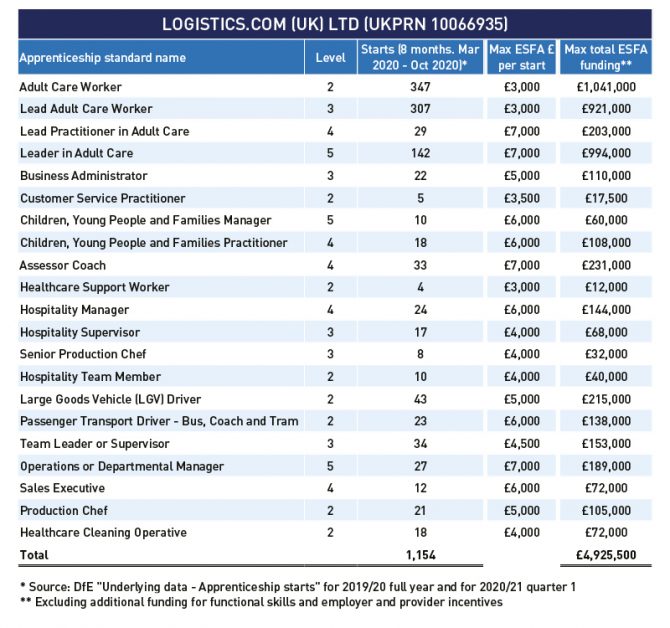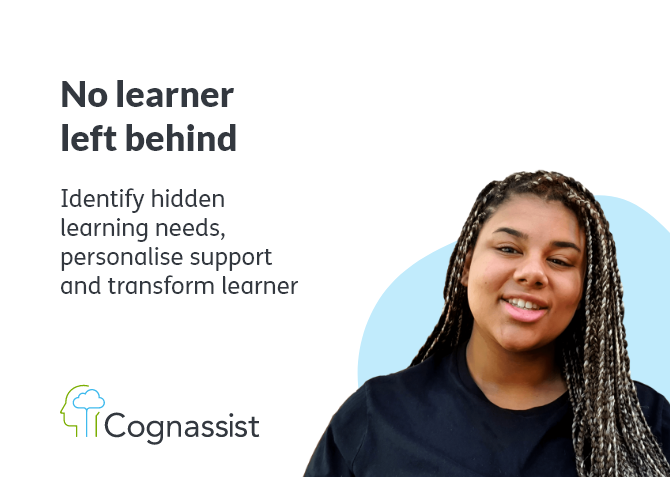Businesses are tired of graduates not having the right technical skills – but the FE white paper and other changes allow colleges to step in, writes Mark Smith
The word ‘university’ is derived from the Latin word universus, meaning ‘whole, entire’. In a strictly academic sense, it is the shortening of the Latin phrase universitas magistrorum et scholarium meaning ‘community of masters and scholars’.
In this word, working closely with employers, facilitating teachers and engaging learners for the modern, digital economy is not mentioned. And yet this is what modern British society has come to expect universities to do.
Technology, however, is finally putting paid to these unrealistic expectations.
‘Wasted years and fees’
Advanced technical skills meld academic and vocational learning, and these skills require an andragogy (the education of adults ̶ as opposed to pedagogy, the education of children) that is both academically stretching and practically rigorous.
But universities are ill-equipped to deliver this kind of education.
Having led Ada, the National College for Digital Skills, for the past seven years, I have had countless conversations with large tech employers and small- and medium-enterprise partnerships.
Many rue the wasted years and fees that aspirational technical talent has spent studying an outdated computer science course at university, in the mistaken belief it will get them a good entry-level job in the tech sector upon graduation.
This means most junior tech hires are recruited on potential and measured through in-house assessment centres by employers who are confident they can “re-educate” junior hires to become useful within three to six months.
Alternative routes for technical skills emerging
This approach is so embedded that employers have almost forgotten to complain about it. But now alternative talent sources are starting to emerge.
Higher level and degree apprenticeships, ‘bootcamps’ and retraining initiatives are hitting the mainstream consciousness.
This approach is so embedded that employers have almost forgotten to complain about it
As such, on-the-ball employers are rapidly updating their talent attraction processes. For example, Deloitte now hires a mix of technical apprentices, graduates and a few bootcamp completers each year.
Techies care little for formal qualifications. The quality of your github account or technical portfolio counts far more than the letters after your name, and this plays into what the FE sector has been quietly excelling at for many years: preparing people effectively for the world of work.
Colleges face capacity issues
But the tech sector demands skills that are continuously evolving, which means course leaders, awarding bodies and employers must work symbiotically for their mutual benefit.
This is an issue. College teachers are hugely squeezed for time.
As a volunteering manager for a large tech company said to me, “It recently dawned on me that when college staff say they are ‘at capacity’, this has an entirely different meaning to ‘at capacity’ in the business world: their entire weeks are literally timetabled almost to the minute!”
Finding a common language and understanding between college staff and employer volunteers (who donate their time and expertise to supporting learners) is challenging but crucial.
Many teachers feel they simply don’t have capacity and most volunteers start out irrationally scared of making fools of themselves and being heckled.
At Ada, we’ve found that by having high expectations of our staff, students and apprentices, the tech sector has responded by volunteering their time, expertise and energy. Teachers have also felt more fulfilled.
‘Unique opportunity’ for FE
As with any other industry sector, employee volunteers want to work with staff and students who are engaged and curious about their working world.
But the more than 40 companies we partner with complain that these skillsets are in desperately short supply in the UK, forcing them to pay inflated salaries for people who are not particularly talented.
The welcome announcements in the white paper (albeit with further details needed) are now coupled with increased remote volunteering experience due to Covid and the decline of Eastern European technical talent due to Brexit.
So these circumstances present a unique opportunity for FE colleges and employers to lead the way in the design and delivery of higher technical skills in England.
This will deliver value-for-money for learners and help redefine what being a “community” of learning really looks like.







